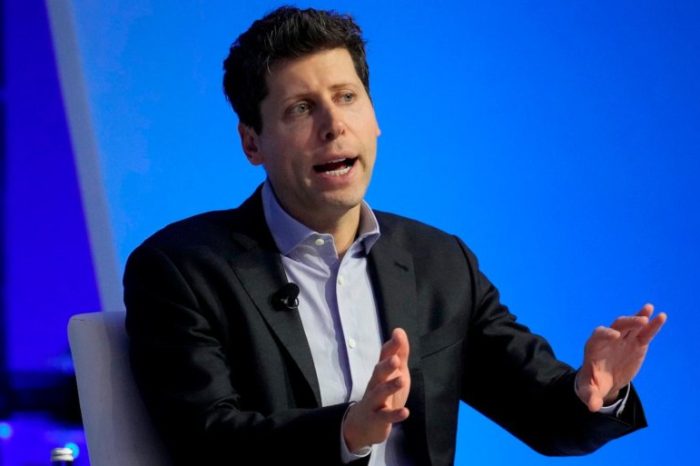Budget travel has become a necessity for most people with the cost of gasoline and other consumer products on the rise. But when we start considering when, where, how and what type of vacation to undertake, we sometimes get caught up in the anticipation and excitement of the upcoming trip and let the more important financial side of things slip a little. After all, for most of us, taking a vacation may only happen once a year and for some, even more infrequently, so we tend to indulge and forget about our pocket book a little.
There are many ways to save money, avoid unnecessary cost, ensure you take care of details end up a smart and perceptive traveler. Travel planning is easier that you might think and here are eight great budget travel tips for making your travel dollar go further!
Cushion your budget – When considering a trip or planning budget travel, it is important to plan for the unexpected and consider the financial side of things early on. This ensures affordability, liquidity and having the resources to enjoy it to the fullest! Plan for the worst-case financial scenario and prepare for things to cost a little more than you expected. Allow up to 20% increase in cost to be on the safe side of things.
Emergency money: Carrying some spare cash somewhere can also be a lifesaver. The rule of thumb seems to be around $50-$100 in small bills. This can be used for incidentals, ground-transportation like cab fare and/or your return home, tips and more.
Set your priorities: Set some budget travel spending priorities and criteria in advance, like eating at a special restaurant or attending a concert, even if this means sacrificing a bit on lodgings or visa versa, depending on what is more important to you.
Keep an eye on your credit cards: It is extremely easy these days to have access to your financial resources through ATM’s and credit cards. Just remember that it is just as easy to overspend because of it being so readily available. A little discipline will go a long way to protect your financial interest and help you stick to your travel budget.
Maximize gas mileage and efficiency: If you’re planning a road trip, make sure that your car has been serviced at least a week before your trip. A well-maintained vehicle will go a long way to ensure carefree driving. If your budget allows, you may consider renting a vehicle to save wear and tear on your own. Small economy cars are better on gas and are much more comfortable than they used to be. Minivans and sport utility vehicles are practical only if you have to transport a large family with a lot of equipment or luggage.
Gas fill-ups: For filling up your car en route, avoid pushing to the limit until the gas runs out. Gas will obviously be more expensive when filling up in remote locations. If you miscalculated and the light on the dashboard indicates that you are really in need, opt for filling just half a tank until you reach the next more densely or major populated destination, where gas might be a little cheaper.
Pack-a-snack: Bring your own refreshments and snacks. Gas station prices on drinks and snack food are high. Avoid these during a pit stop, if you are counting your budget travel dollars. A cooler packed with lots of cool drinks, water and ice and/or a thermos of coffee or hot water for tea, some fruit, granola bars, or a sandwich, goes a long way to still the hunger and save you money by avoiding all high priced stops en route.
Travel necessities: It is advisable to travel with basic necessities, like a cell phone and a first aid kit, since both can prove to be essential in emergencies. Most people have cell phones at their disposal, but in the event that you are not one of them, a prepaid cell phone may be the answer for your trip. The peace of mind it offers is worth the small investment. Cell phones can also save on hefty surcharges and higher long distance rates that hotels and resorts often charge.










